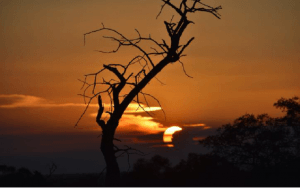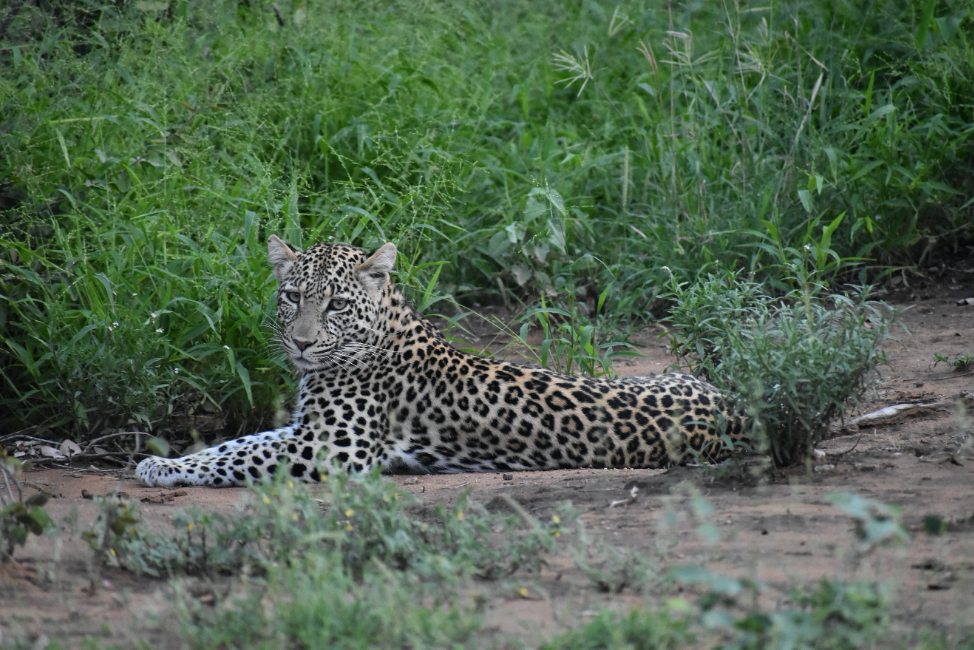Jessica Rehmann, Washington University at St. Louis – 2019
African Ecology & Conservation in South Africa
I dreaded the days leading up to my flight from the comforts of home, to go across the world to a new country and a new continent. My introverted self, shuddered at the thought of meeting an entirely new set of people with whom I would have to work, study, and live. I consoled myself with a few thoughts; one, that I had positive experiences of field research in the past, so I was looking forward to more, and more importantly, two, that I would get to see tons of wild animals.
Now, I look back at my thoughts from only a mere six weeks ago and smile knowingly. Of course, my encounters with animals lived up to and exceeded my expectations. In Nylsvley, with the freedom of no big predators, my classmates and I went on a run and came upon five giraffes, eating close to the road. At home, the most exciting wildlife I see are the occasional white-tailed deer. From special moments seeing wildlife as a full group, such as when our entire class saw a leopard, to encounters alone, like when I was working late and saw a genet (small, cat-like mammal) by the lab door. The wildlife sightings have grounded me in the present and reminded me of the uniqueness of this opportunity.

I was also excited about the research, and it has proven to be one of the most fun and challenging parts of the program. It is amazing to work on a variety of projects with visiting faculty. Whether the project is on wildflower species richness, the landscape of fear of small mammals, or landscape ecology, the research is exciting and fulfilling. Our adventures range from encountering an elephant and buffalo in the field to getting multiple flat tires on a rocky road.
But so far, what I was least looking forward to has been the best part of my experience, the people. Many aspects of this program are different than what I am used to, and the adjustment has been challenging at times. We do everything with the same small group of students and faculty, and there is less freedom, with few choices of food and schedules, and no weekends. But being surrounded by people who chose this program because of similar passions has been my favorite part. The students come from a range of backgrounds and experiences, and the faculty dedicate significant amounts of their time to run an intensive program. The catering staff is excellent at their jobs and are generously teaching us Shangan (one of South Africa’s many official languages). My absolute favorite part of the program so far was the homestay, which I was originally most nervous for. At the homestay, my family welcomed me with open arms, and I had an amazing time learning about my host family and their way of life.

We are about halfway done with the semester, and I am already dreading leaving. During the homestay, some OTS staff came to visit us on our first full day. Although we had been gone for less than 24 hours, our reunion, if only for 15 minutes, made me realize just how much I missed them. And I can only imagine how hard it will be to leave at the end of the semester.

